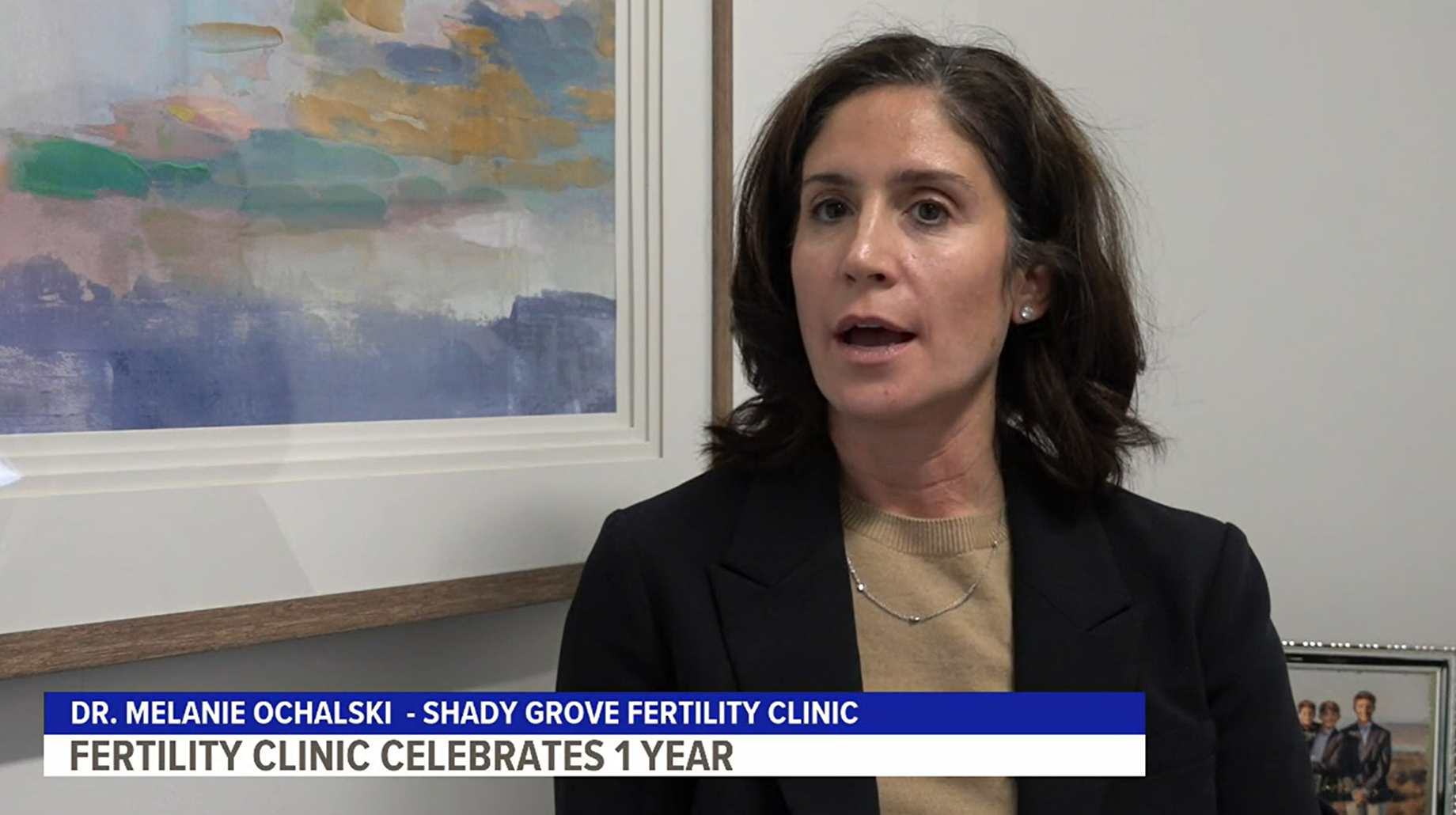Recent research is indicating a strong decline in the health and quality of men’s sperm across North America, Europe, and parts of Australia. To learn more about why this might be, we asked one of our board certified physicians, Dr. Paul Shin, to shed some truth and insight as to why men’s sperm health is dropping—and what you can do to stop it.
Is male factor infertility common?
We know that the male factor is equally as important as female fertility when trying to conceive. If a man’s sperm count is too low or motility (movement) is too slow, or if the quality is poor, then it can be extremely difficult to fertilize an egg. In order to assess sperm quality, an important first step is a semen analysis.
“The first hurdle is overcoming reluctance to go to the doctor,” states Dr. Shin. “Infertility is often thought to be a female only problem, but 50 percent of infertile couples have significant male factor infertility. Understanding this and realizing that men are the factor half of the time is helpful in aiding the couple trying to conceive,” adds Shin.
For men, infertility is often categorized in two common issues: production of sperm, or transit of the sperm to the egg. The largest study on male fertility, conducted with 42,000 men in the time period between 1973 and 2011, reveals a dramatic decline of sperm concentration dropping from 99 million per milliliter in 1973 to an average 47 million per milliliter in 2011. As the sperm concentration decreases, so does a man’s chance of conceiving—hence the concern about this recurring pattern among Western countries.
“There could be limitations with recent studies as there is a high degree of variability when it comes to semen analyses,” Shin states. “It is common for there to be two to three analyses needed because the results each time can be so variable.”
The same study also exposed an unexpected result: the decline of sperm health found in the Western world was not observed in lesser-developed locations such as Africa, Asia, and South America. In fact, these regions didn’t report any decrease in sperm quality, which led researchers to believe that the reasons could be tied to cultural behaviors or environmental changes.
What could be causing a decline in sperm health?
It’s uncertain whether the cause of this drop is due to typical Western lifestyle challenges, such as obesity, stress, and smoking, or if there are other unknown factors yet to be considered. The thing about poor quality sperm is that it doesn’t just signal infertility, it’s a potential red flag for other health concerns such as a poor immune system, cancer, and cardiovascular diseases.
“I always recommend using common sense and moderation. A glass of wine with dinner or a few beers with friends will not make you infertile. Avoid smoking that pack of cigarettes, but an occasional cigar on the golf course is probably ok. Follow the general guidelines of healthy living: maintain a healthy weight, incorporate a good amount of exercise, and manage your stress levels,” said Dr. Shin.
So, even if you’re young and not necessarily trying to conceive, it might be a good idea to get a semen analysis done as a proactive effort in maintaining your overall health.
“One of the cold hard biological truths is that when men make sperm, it can take 3 months to reach full maturation. Whatever the intervention, it’s generally about 6 months before we see change in a semen analysis,” states Dr. Shin. “Look earlier if you sense a problem, especially so that you and your partner are not short on time when trying to conceive.”
To watch our On-Demand Webinar on Male Fertility, click here. During this free on-demand event, viewers will learn about the simple tests used to evaluate male fertility, common causes of male factor infertility, lifestyle changes that can improve a man’s fertility, effective treatment options and treatment success rates.
Medical contribution by Paul Shin, M.D., Shady Grove Fertility’s Board Certified Urologist.
To learn more about male fertility or to schedule an appointment with one of our 35+ physicians, please call 1-877-971-7755 or click here to complete this brief online form.






